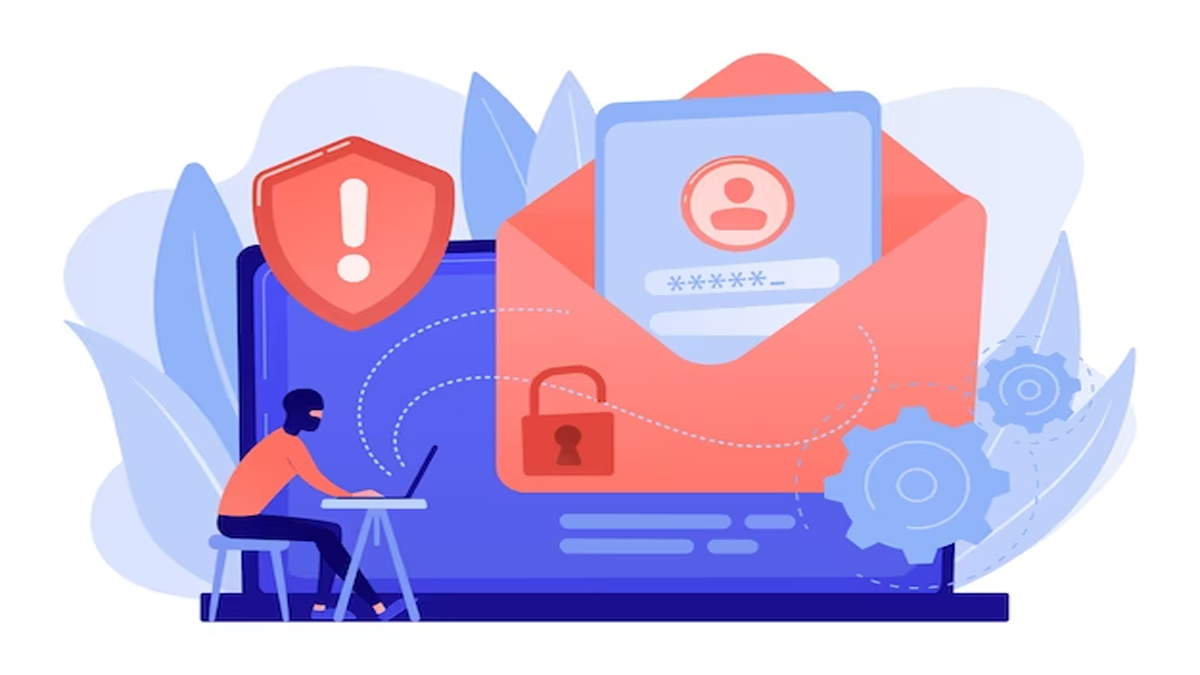This breach can result in various negative consequences for both individuals and businesses, leading to legal and regulatory changes to protect privacy and consumer rights.
Here are some key impacts:
- Stricter Privacy Regulations:
Data breaches often highlight vulnerabilities in privacy protection measures. Governments and regulatory bodies respond by introducing or enhancing privacy laws to mitigate such risks. For instance, the European Union implemented the General Data Protection Regulation (GDPR) in 2018, which imposes strict obligations on organizations handling personal data. Similarly, other jurisdictions have strengthened their privacy laws to ensure better protection for consumers. - Data Protection and Security Standards:
Data breaches prompt organizations to reassess their data protection and security measures. In response, industry-specific standards and best practices are developed to prevent similar incidents in the future. These standards typically encompass robust encryption, access controls, regular security audits, incident response plans, and employee training on data protection. - Increased Transparency Requirements:
Data breach incidents often highlight the importance of transparency regarding personal data handling practices. Privacy laws and regulations now often require organizations to inform affected individuals about the breach promptly. This includes providing clear information on the nature of the breach, the potential impact on individuals, and the steps they can take to protect themselves. - Enhanced Consumer Rights:
Data breaches emphasize the need to strengthen consumer rights regarding their personal information. Individuals affected by a breach may suffer identity theft, financial losses, reputational harm, or emotional distress. Consequently, privacy laws may grant consumers additional rights, such as the right to access and delete personal data, the right to be informed about data collection practices, and the right to opt-out of certain data processing activities. - Financial and Legal Consequences:
Data breaches can lead to significant financial losses for organizations. They may face legal action, regulatory penalties, and fines for failing to protect personal information adequately. Additionally, affected individuals may seek compensation for damages resulting from the breach, leading to costly legal battles and potential reputational damage. - Trust and Reputation Damage:
Data breaches erode consumer trust in organizations that experience them. When personal information is compromised, individuals may hesitate to share their data with the affected organization or similar entities. Rebuilding trust requires significant efforts, including transparency, improved security measures, and proactive communication with affected individuals.
In summary, data breaches have far-reaching implications for privacy laws and consumer rights. They drive the development of more stringent regulations, industry standards, and increased transparency requirements. The focus is on protecting personal information, empowering consumers, and ensuring that organizations take necessary measures to prevent future breaches and safeguard individual privacy.
